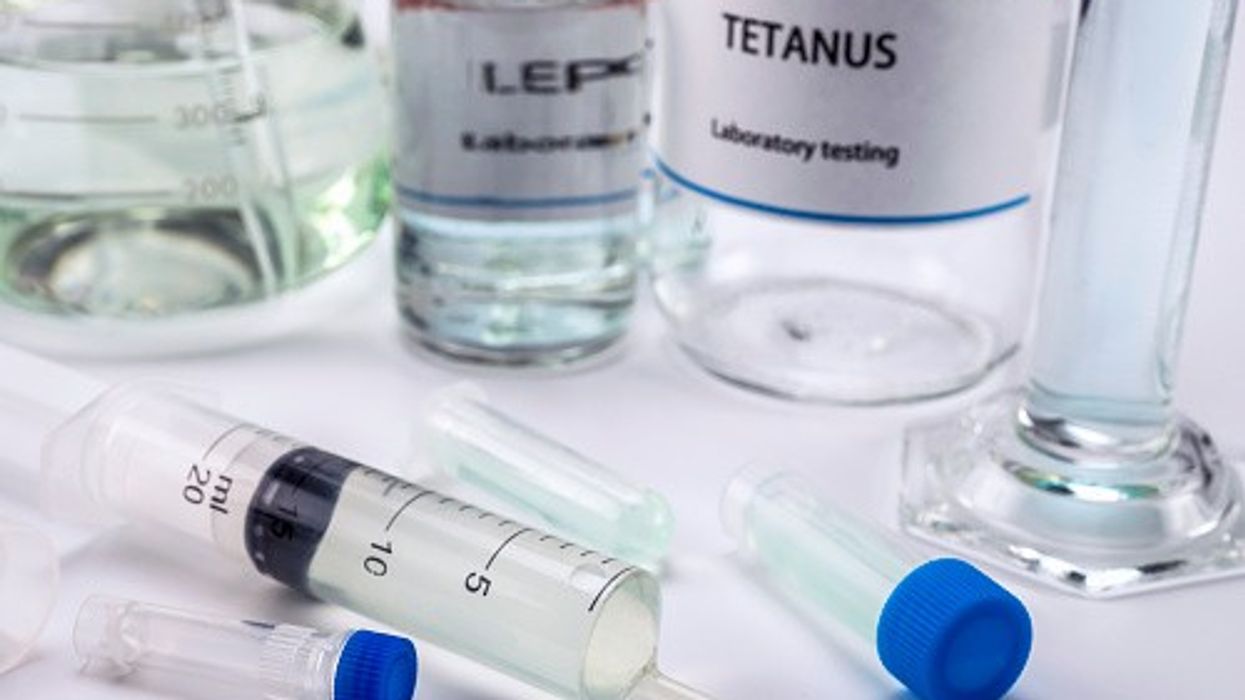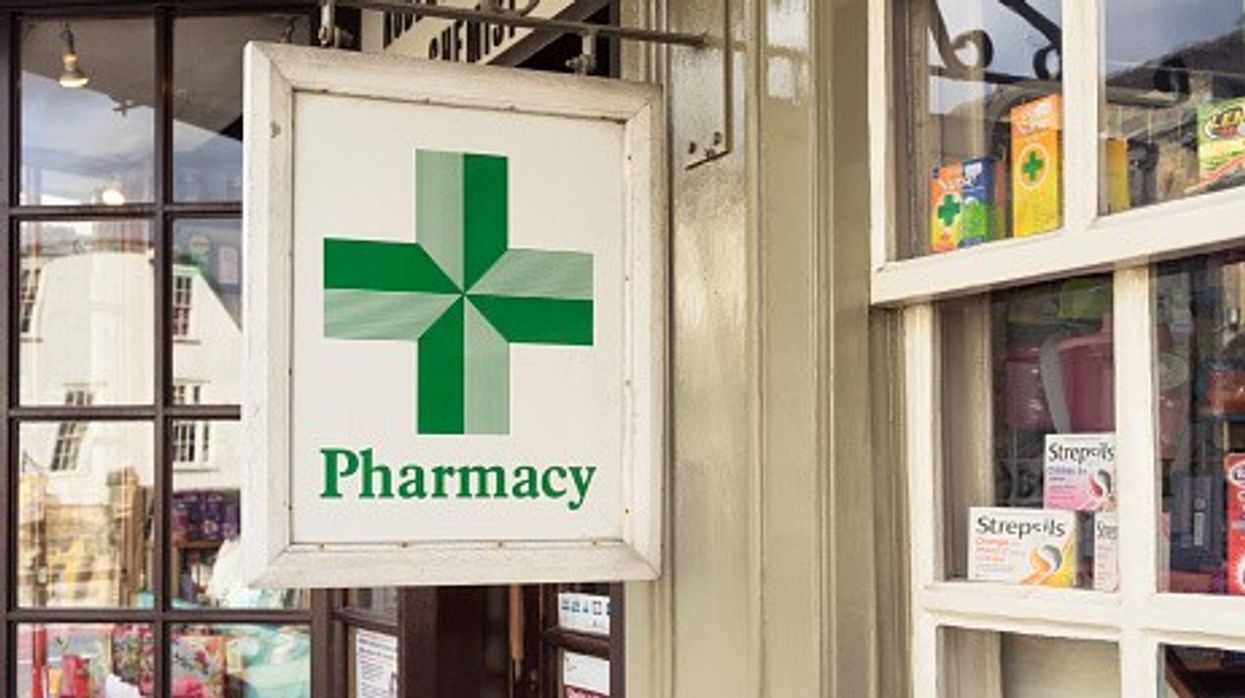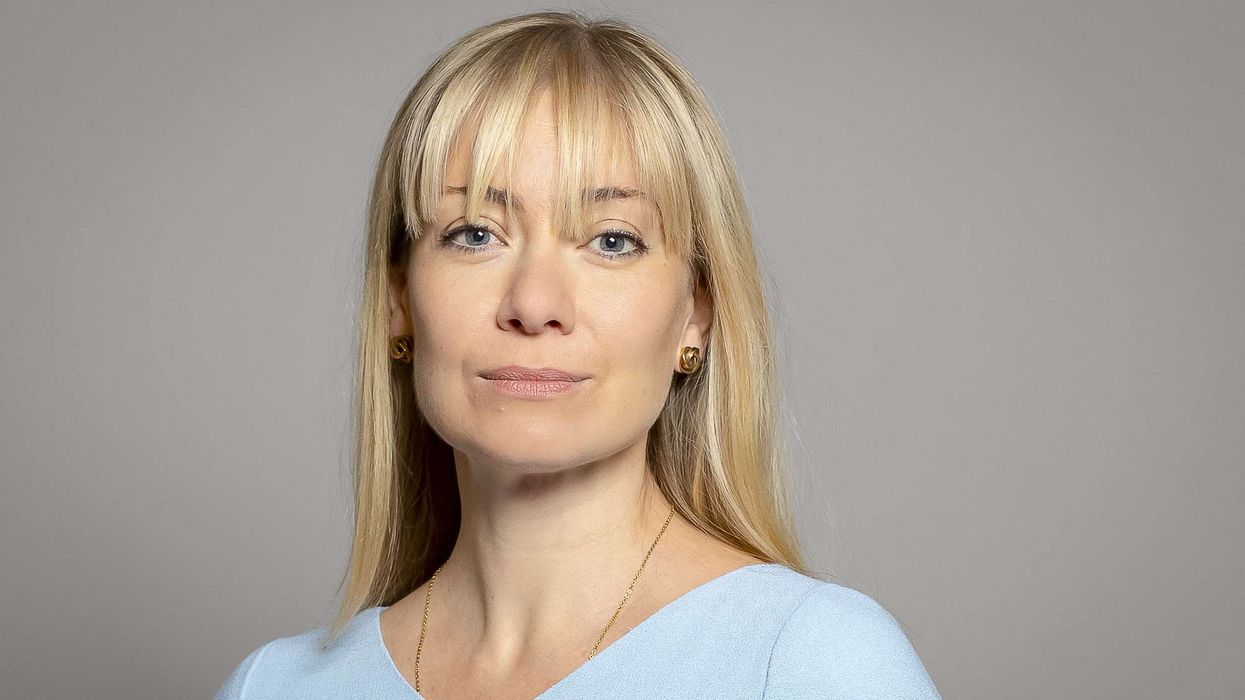UK-based biotech company Stablepharma is closer to launching the world’s first fridge vaccine.
Developed using its proprietary technology, StablevaX™, the Stablepharma tetanus-diphtheria vaccine (SPVX02) is now entering its first-in-human trial through a UK government-back programme.
The trial is being conducted at the National Institute for Health and Care Research (NIHR) Southampton Clinical Research Facility, located at University Hospital Southampton, and led by Professor Saul Faust, the facility’s director, alongside Dr Karen O’Hanlon, chief development officer at Stablepharma.
Professor Faust said: “It is fantastic to see cutting-edge UK science reach the milestone of a first clinical trial and to be able to give the opportunity for people living on the South Coast to take part.
“This research will be an important step toward exploring whether this innovation could eradicate vaccine wastage and move away from the need for the cold chain.”
Dr O’Hanlon described the trial as “an important milestone towards launching the world’s first fridge-free tetanus-diphtheria vaccine.”
“We have also previously demonstrated that our technology can be manufactured under commercially scalable GMP conditions, enabling a scaling-up to millions of doses per year without the need for the global cold chain,” she added.
Vaccines wastage
Globally, nearly half of all vaccines are wasted each year, largely due to failures in the cold chain—a system that is not only costly and complicated to maintain but also contributes significantly to carbon emissions.
Stablepharma’s innovation aims to reduce this wastage by converting existing approved vaccines to fridge-free versions that are ‘thermostable’ and can be stored for long periods at room temperature.
The company has identified up to 60 vaccine candidates that could be suitable for StablevaX™ technology.
The SPVX02 candidate has shown impressive results in stability tests, remaining completely stable and fully potent for at least 12 months at 30°C and 40°C, even after enduring three cycles of extreme temperature fluctuations from -20°C to +40°C.
The MHRA has approved an 18-month shelf life for the clinical batch now being tested.
The phase I clinical trial is expected to conclude in summer 2025, with results published by the end of the year. Stablepharma anticipates the global rollout of the vaccine by 2027.
Hailing the development, health secretary Wes Streeting said: “This could be a real game changer and lifesaver globally – as it unlocks new ways for poorer nations to deliver vaccines to their patients, where they’re often needed the most.”
“Groundbreaking science is amongst the things that Britain does best, and this innovation reaffirms our position as a world leader in vaccine development and research, boosting growth and economic security – the cornerstone of our Plan for Change.”
Professor Lucy Chappell, NIHR chief executive and chief scientific adviser at the Department for Health and Social Care, noted that this clinical trial represents a “crucial step in building the evidence for this game-changing development in vaccine delivery.”
“The NIHR is proud to be supporting this work through its world-leading research infrastructure, which provides industry partners such as Stablepharma with the support necessary to deliver cutting edge research here in the UK that could lead to better health outcomes around the world.”
The project is also being supported by Innovate UK, part of UK Research and Innovation (UKRI).













